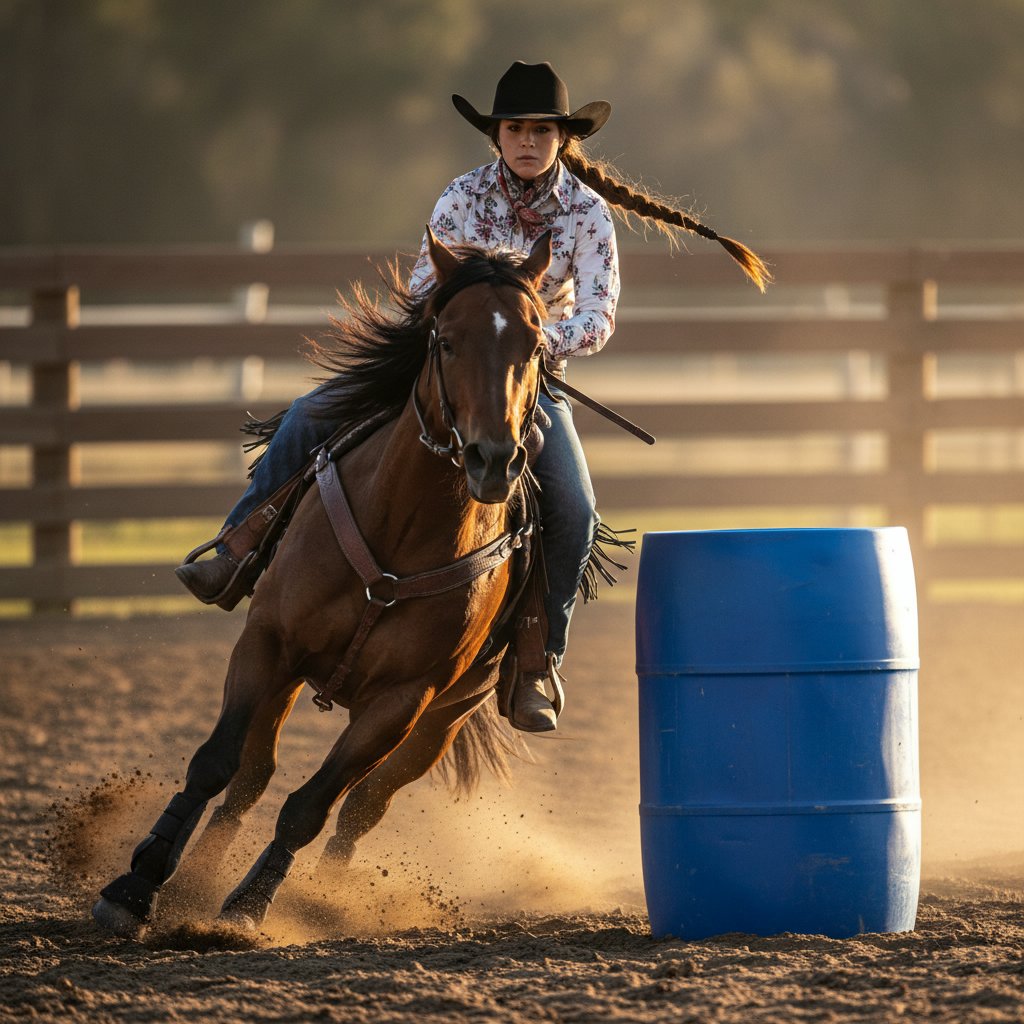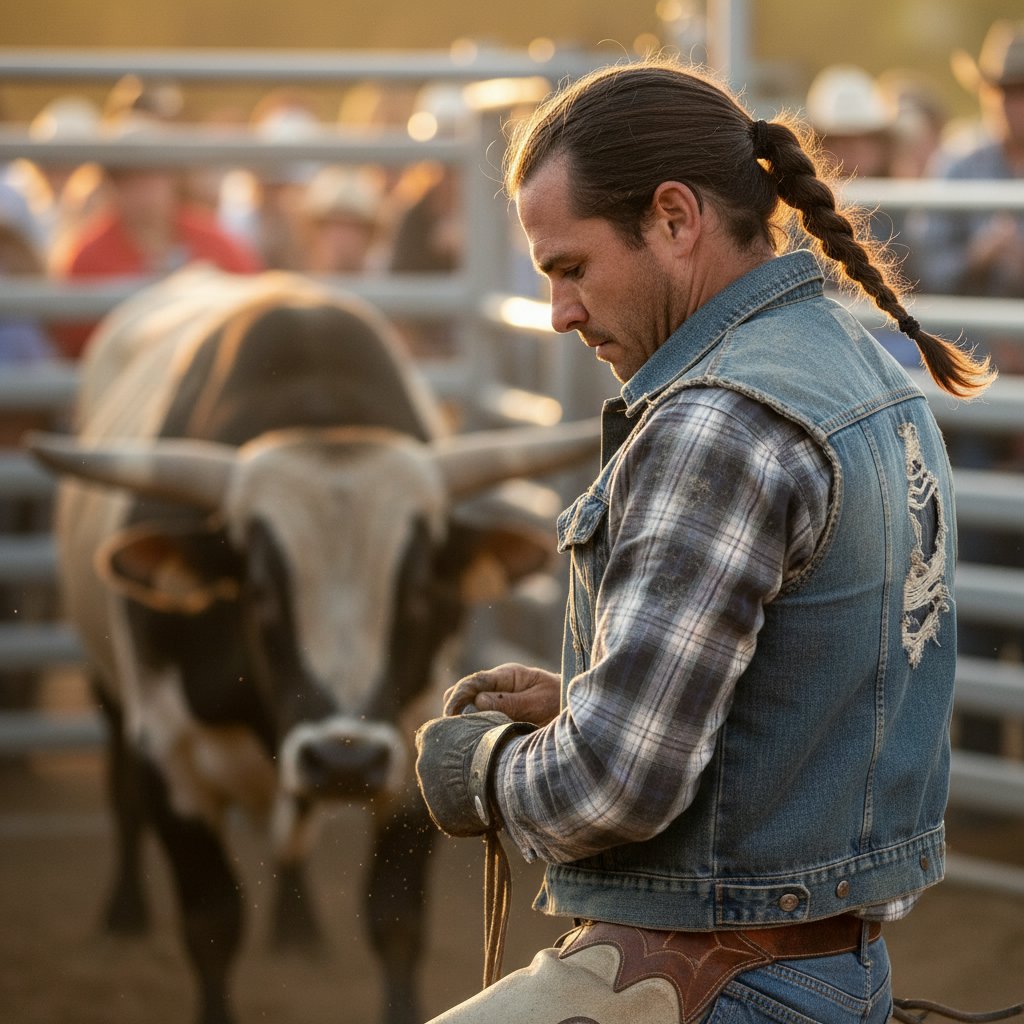Rice Water for Hair Growth: Does It Work? Complete Research Review | The Science of Strand Strength
Rice Water for Hair Growth: Does It Work? Complete Research Review
In the ever-evolving world of haircare, few trends have garnered as much attention—and staying power—as rice water. From viral TikTok tutorials to high-end product formulations, the concept of rinsing hair with the starchy water left over from soaking rice has become a global phenomenon. But beyond the social media hype and anecdotal success stories, does rice water actually promote hair growth? Is it a miracle cure for thinning strands, or simply a placebo effect amplified by internet culture?
To answer these questions, it is necessary to look past the marketing and delve into the science, history, and chemical composition of this ancient remedy. This comprehensive review explores the efficacy of rice water for hair growth, analyzing how it interacts with the hair shaft, the difference between fermented and plain preparations, and what professional research tells us about its true potential.
Whether you are struggling with breakage, seeking length retention, or simply curious about natural hair treatments, understanding the mechanisms behind rice water is the first step toward determining if it belongs in your routine.
The Ancient Roots: From the Yao Women to the Heian Period
While rice water may seem like a modern trend, its usage dates back over a thousand years. The practice is most famously associated with the Red Yao women of Huangluo Village in China, often referred to as the "Long Hair Village." For centuries, these women have been known for their rapuncel-like hair, which averages 6 feet in length and famously retains its jet-black color well into their 80s. Their secret? Washing their hair with fermented rice water mixed with tea bran and pomelo peels.
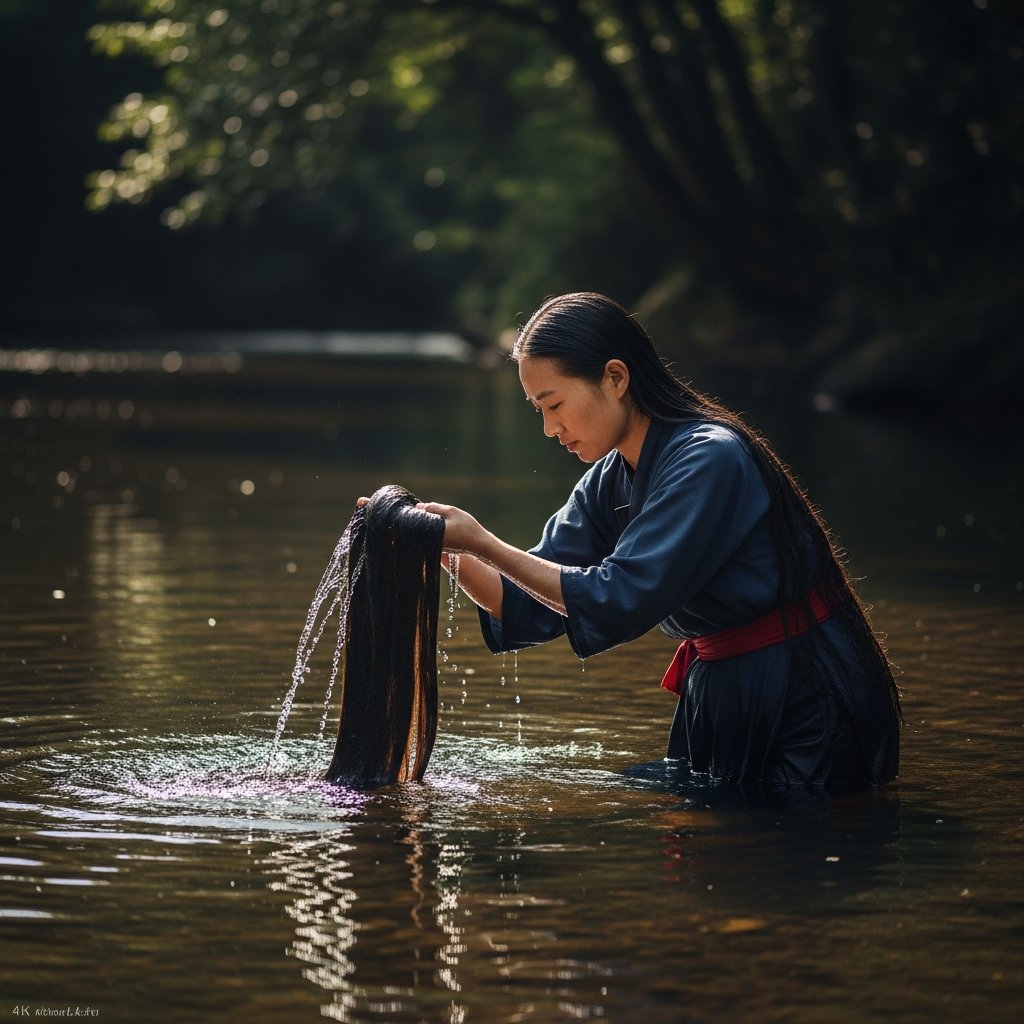
Similarly, historical records from the Heian period in Japan (794 to 1185 CE) document court ladies combing their floor-length hair, known as suberakashi, with Yu-Su-Ru (rinse water obtained from the washing of rice). These historical precedents provide compelling anecdotal evidence. The fact that specific cultures have maintained this practice for generations suggests that there are tangible benefits to the hair's structural integrity and appearance, even if the molecular science wasn't understood at the time.
However, it is important to note that the Yao women's regimen is holistic. It involves a specific lifestyle, diet, and a complex fermentation process—not just a quick rinse with leftover cooking water. Understanding this distinction is vital when evaluating modern DIY attempts.
The Science of Rice Water: Chemical Composition
To understand if rice water works for hair growth, we must analyze its chemical profile. Rice water is essentially a suspension of starch, but it also contains a variety of vitamins and minerals that are released during the soaking or boiling process. The primary components of interest to trichologists and cosmetic chemists include:
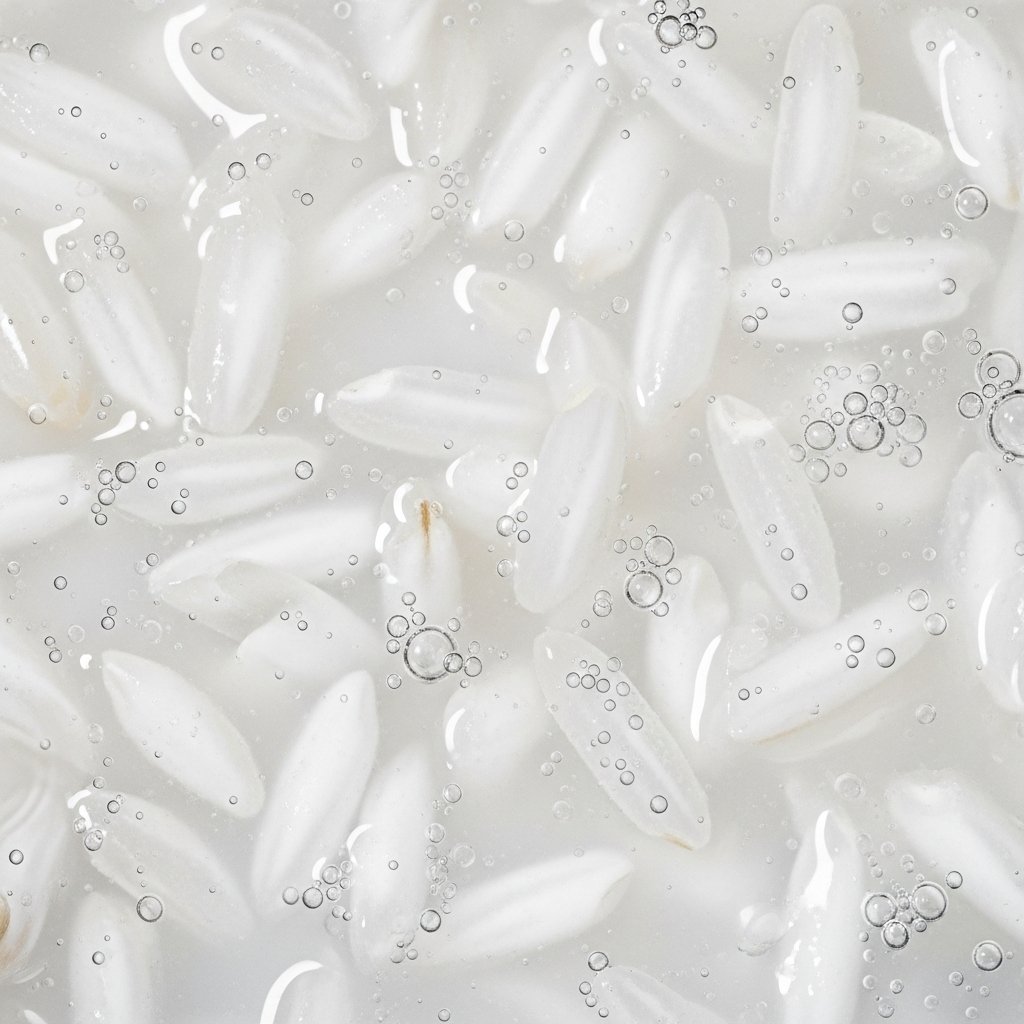
1. Inositol
Inositol, often referred to as Vitamin B8, is a carbohydrate that has been shown to penetrate damaged hair and repair it from the inside out. Unlike many ingredients that simply coat the hair shaft, inositol has a low enough molecular weight to enter the cortex. Some studies suggest that inositol stays inside the hair even after rinsing, offering continuing protection and improving hair elasticity.2. Amino Acids
Hair is primarily made of keratin, a protein comprised of amino acids. Rice water contains roughly 16 percent protein building blocks, which are essential for cell regeneration. While topical application is different from dietary ingestion, amino acids in rice water can help bond to the hair cuticle, filling in gaps caused by heat damage or chemical processing, thereby making the hair feel smoother and stronger.3. Vitamins B and E
Rice water is rich in B vitamins (including biotin and niacin) and Vitamin E. Vitamin E is a powerful antioxidant that supports scalp health by reducing oxidative stress, while B vitamins are notoriously linked to hair strength and texture.4. Starch
The high starch content coats the hair strand. This is often why hair feels thicker immediately after a rice water rinse. The starch adds physical bulk to the strand and increases surface tension, which can create volume and body, though it can also lead to buildup if not managed correctly.Fermented vs. Plain Rice Water: The pH Factor
One of the most critical aspects of the rice water debate is the method of preparation. Research indicates that fermented rice water is significantly more beneficial than plain rice water due to the pH levels.
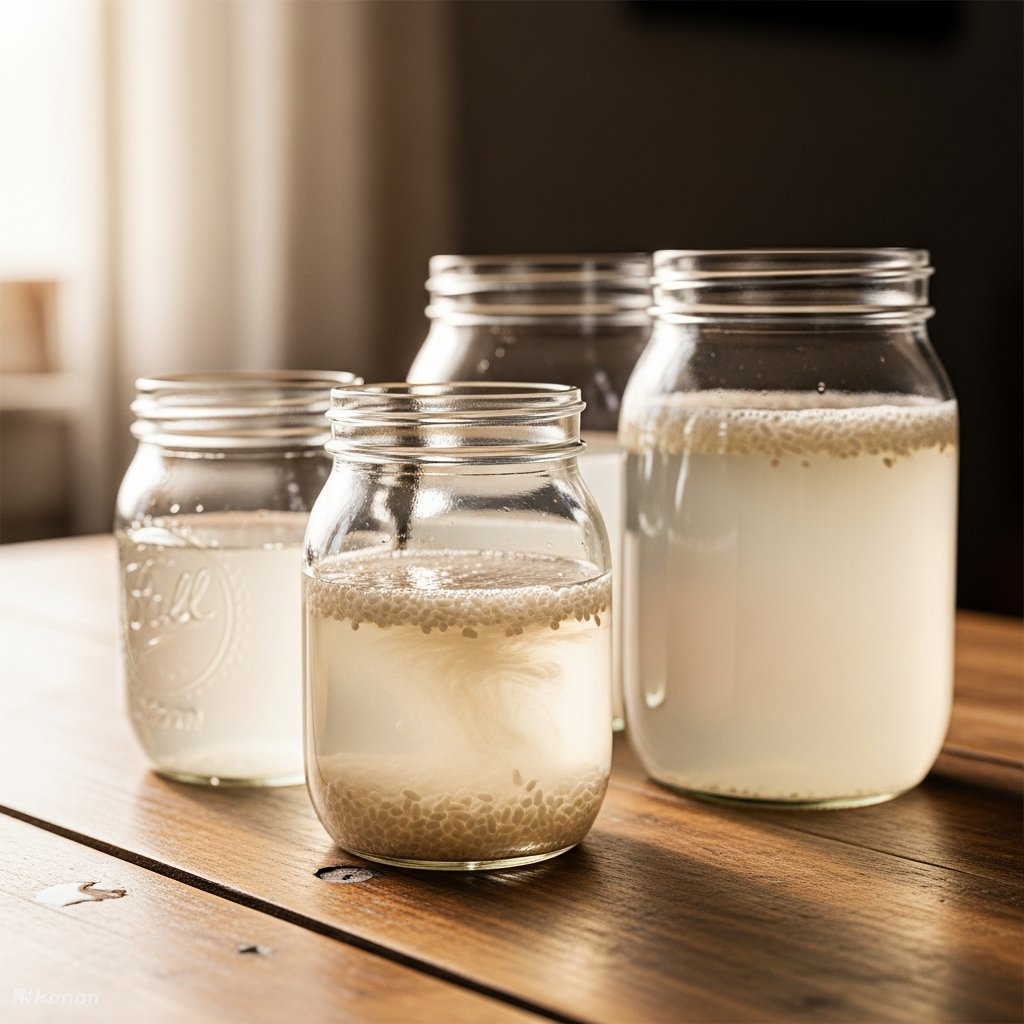
Healthy human hair has a natural pH of roughly 4.5 to 5.5 (slightly acidic). Plain rice water usually has a higher pH. If applied directly, it can disturb the hair's cuticle layer, potentially causing friction and breakage. However, when rice water ferments, it becomes acidic (souring). This process lowers the pH to match the natural acidity of the hair and scalp.
Furthermore, fermentation enhances the nutrient density of the water. The process creates pitera, a substance rich in vitamins, minerals, and organic acids, which promotes cell regeneration. This is why the historical traditions invariably involved letting the water sit and sour before application. The fermentation process breaks down large molecules into smaller ones, allowing for better absorption into the hair shaft.
Does It Actually Stimulate Growth?
Here is the nuanced answer: Rice water does not directly cause the hair follicle to grow faster, but it significantly aids in length retention, which mimics faster growth.
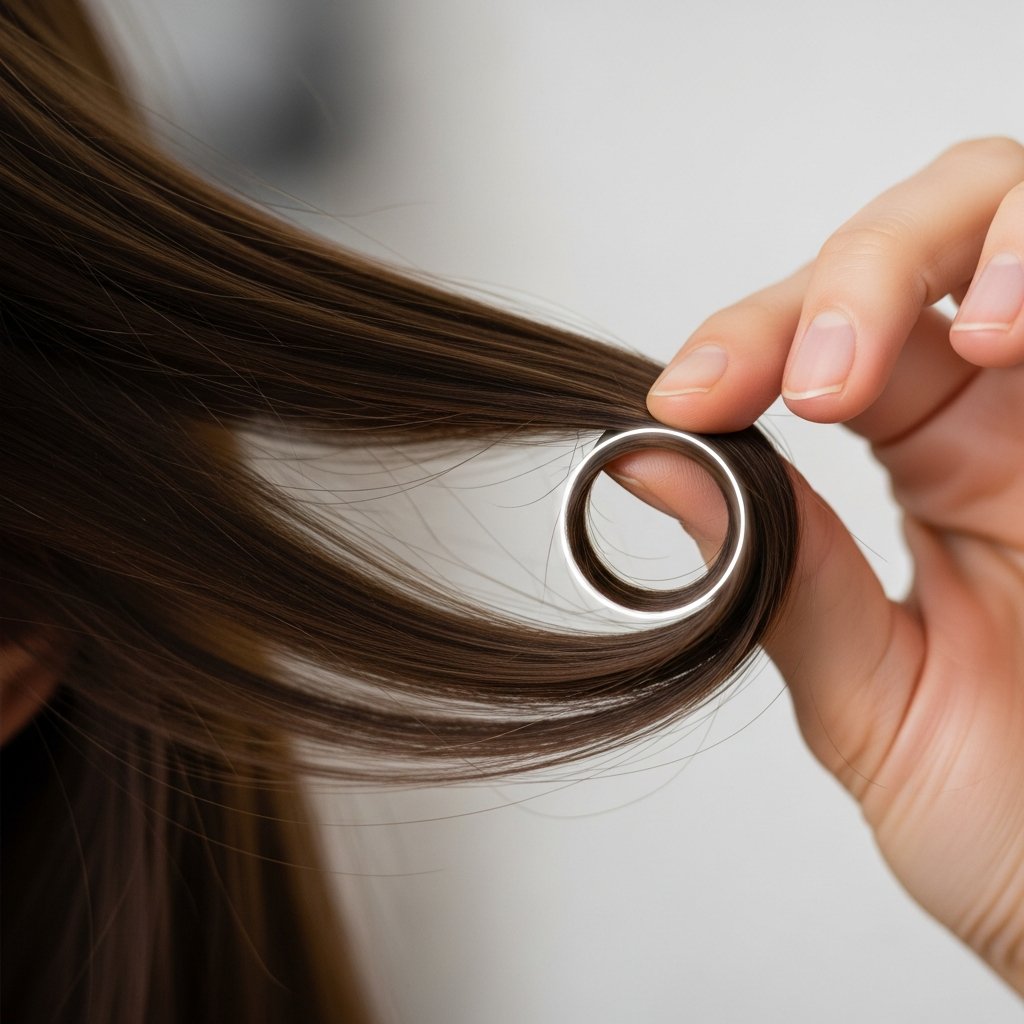
Hair growth speed is determined genetically and hormonally. No topical treatment can drastically alter the biological rate at which cells divide in the follicle. However, the primary reason people fail to see length is breakage. Hair grows from the root but breaks at the ends.
Because inositol increases elasticity and reduces surface friction, hair treated with rice water is less likely to snap during brushing or styling. The protein coating reinforces the shaft, preventing split ends from traveling up the hair. Consequently, while the growth rate remains the same, the retention rate skyrockets, leading to longer, thicker hair over time. Additionally, the antioxidants in rice water improve scalp health, creating a fertile environment for follicles to function at their optimal capacity.
How to Prepare and Apply Rice Water Correctly
For those wishing to incorporate this into their routine, the preparation method matters. Here is the gold-standard method for creating fermented rice water:

- Rinse: Take half a cup of uncooked rice (white, jasmine, or basmati) and rinse it thoroughly to remove dirt and impurities.
- Soak: Place the rinsed rice in a bowl with 2-3 cups of water. Rub the rice between your fingers until the water turns cloudy.
- Ferment: Strain the rice (save it for cooking) and pour the cloudy water into a glass jar. Leave it at room temperature for 12 to 24 hours until it smells slightly sour.
- Stop Fermentation: Once it has soured, boil the water briefly to stop the fermentation process, or place it immediately in the refrigerator.
- Dilute: Before using, dilute the fermented mix with plain water, as it can be very potent.
Application: After shampooing, pour the rice water over the hair and massage it into the scalp. Let it sit for 15–20 minutes, then rinse thoroughly with cool water. Follow with a deep conditioner, as rice water acts as a protein treatment and requires a moisture balance.
Potential Side Effects: The Protein Overload Risk
Despite the benefits, rice water is not suitable for every hair type. The most common issue reported is "protein overload." While rice water is not a protein in the strictest sense (it is mostly starch and amino acids), it mimics the effects of a protein treatment by hardening the hair cuticle.

Low Porosity Hair: Individuals with low porosity hair (hair that struggles to let moisture in) should be cautious. The starch and amino acids can sit on top of the tightly closed cuticle, creating a barrier that prevents water from entering. This leads to dry, brittle, straw-like hair that snaps easily—the exact opposite of the desired result.
High Porosity Hair: Conversely, high porosity hair (often bleached, chemically treated, or curly) generally responds beautifully to rice water. The gaps in the cuticle allow the inositol and starch to fill in the structure, providing much-needed support and smoothness.
If you notice your hair becoming stiff or dry after use, you should discontinue the treatment immediately and focus on moisturizing deep conditioners to restore balance.
Rice Water vs. Professional Formulations
Given the popularity of the treatment, many professional haircare brands have begun isolating rice protein and inositol for use in shampoos, conditioners, and serums. The question arises: is DIY better than store-bought?
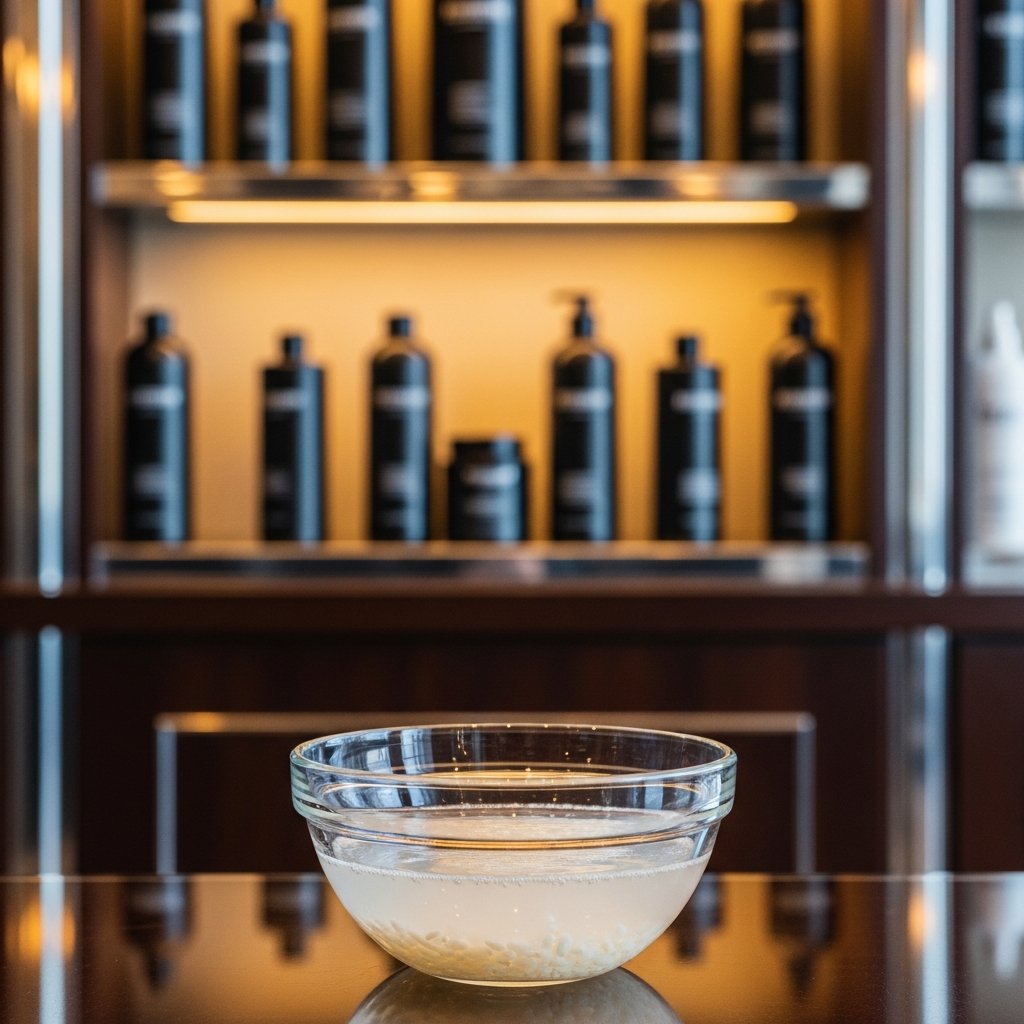
DIY Pros: Inexpensive, natural, customizable, and free of preservatives. DIY Cons: Messy, unpleasant smell (fermented water smells sour), short shelf life (must be kept in the fridge for max 5-7 days), and inconsistent potency.
Professional Product Pros: pH-balanced formulations, pleasant fragrance, stable shelf life, and often combined with complementary ingredients like hydrolyzed silk or keratin for a more rounded treatment. Professional Product Cons: More expensive and may contain other additives.
For clients who prefer convenience and consistency, professional products containing "Hydrolyzed Rice Protein" are often a safer bet than experimenting with kitchen chemistry, ensuring that the molecular weight of the protein is low enough to actually penetrate the hair.
Expert Tips for Best Results
To maximize the benefits of rice water while minimizing risks, consider these expert guidelines:
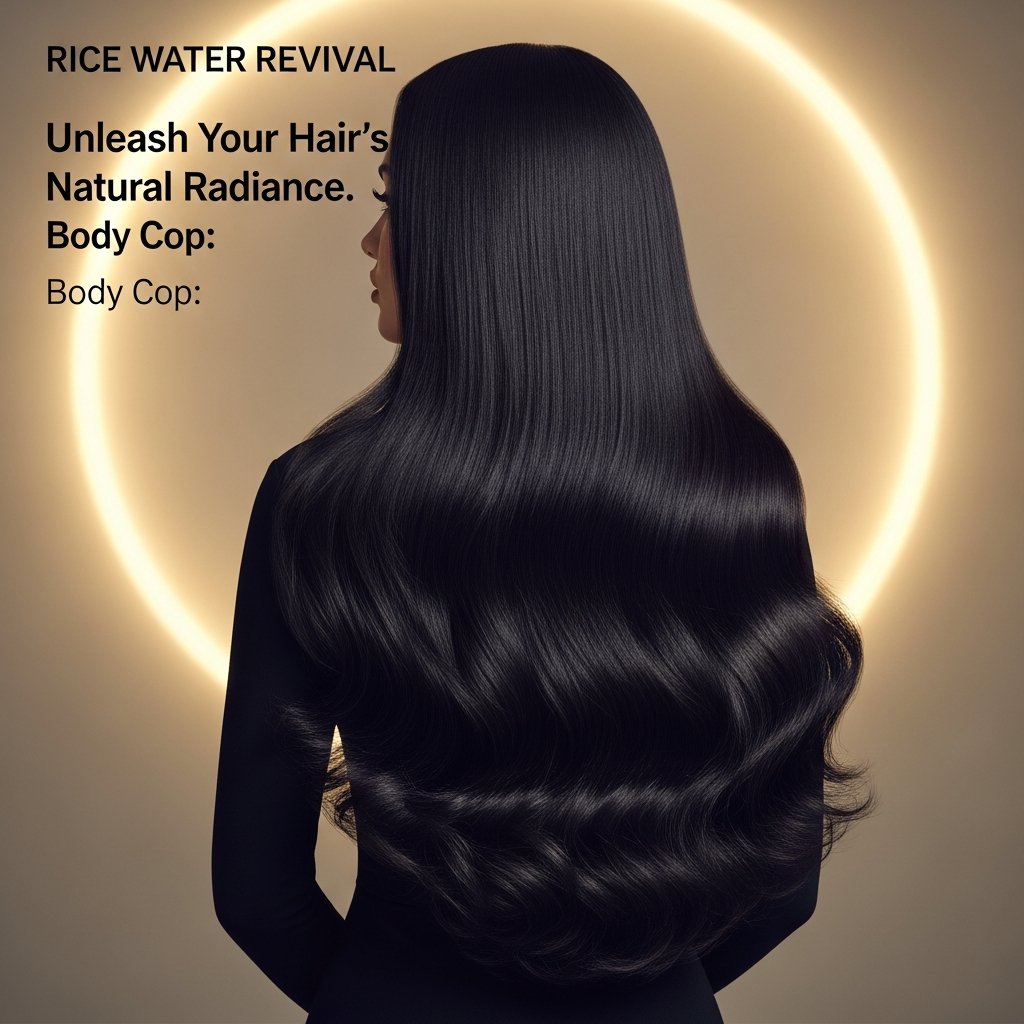
- The Patch Test: Always test the water on a small section of hair before dousing your entire head.
- Add Essential Oils: To combat the sour smell of fermentation, add a few drops of lavender, rosemary, or peppermint oil to the mixture. Rosemary oil, in particular, has its own clinical data supporting hair growth.
- Don't Overdo It: This is not a daily treatment. Use rice water once a week or once every two weeks. Overuse can lead to buildup and brittleness.
- Clarify: If you use rice water regularly, ensure you use a clarifying shampoo once a month to remove starch buildup from the scalp and strands.
Frequently Asked Questions (FAQ)
1. Can I leave rice water in my hair overnight?
It is generally not recommended to leave rice water in the hair overnight. The high starch content can dry out the hair and cause the scalp to become itchy or flaky. A 15-30 minute exposure is sufficient for the nutrients to absorb.2. Does the type of rice matter?
Most research suggests that white rice releases more starch into the water than brown rice, but brown rice contains more nutrients. However, for the purpose of creating the cloudy, starchy water, standard white rice, jasmine, or sticky rice works best.3. How long does it take to see results?
Hair growth and repair is a slow process. While you may notice immediate volumetric changes due to the starch coating, real improvements in length retention and elasticity typically take 4 to 8 weeks of consistent use.4. Is boiled rice water better than soaked rice water?
Boiled rice water (the water left after cooking rice) is more concentrated than soaked water. It must be diluted significantly before use. Fermented soaked water, however, remains the superior choice due to the pH shift and enhanced nutrient profile.5. Can rice water damage color-treated hair?
Rice water is generally safe for color-treated hair. In fact, the protein-mimicking effects can help repair the damage caused by coloring. However, always do a strand test, as the porosity issues mentioned earlier apply heavily to bleached hair.Conclusion
Rice water for hair growth is more than just a fleeting trend; it is a practice rooted in history and supported by the chemical properties of inositol, amino acids, and starch. While it is not a magic potion that will double hair growth rates overnight, it is a powerful tool for strengthening the hair shaft, improving elasticity, and preventing breakage—which ultimately results in longer, healthier hair.
Success with rice water depends heavily on understanding your hair's porosity and finding the right balance between protein (strength) and moisture. Whether you choose to brew your own batch at home or invest in professional products infused with rice protein, this ancient remedy offers a scientifically sound path to better hair health.

